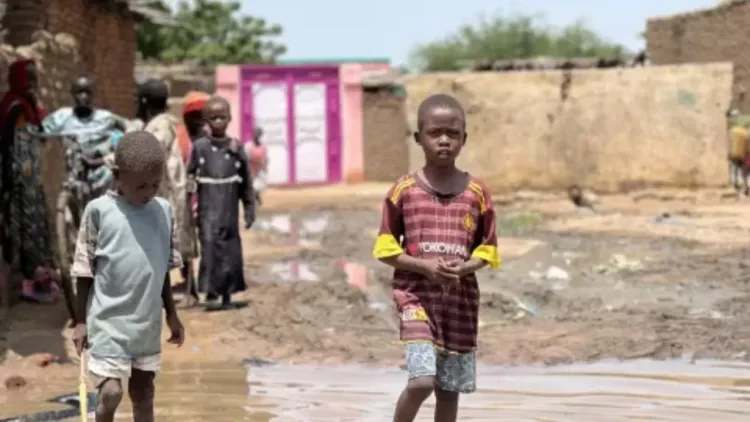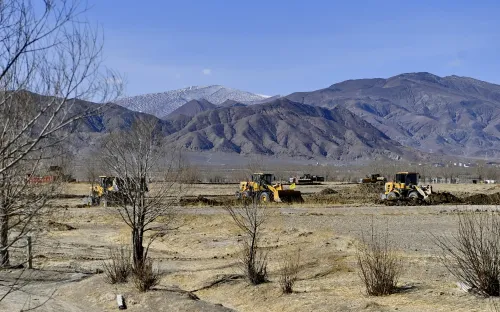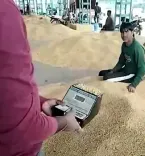UNICEF Requests $171 Million to Aid 1.8 Million Somalis in 2025

Mogadishu, Dec 5 (NationPress) The UN Children's Fund (UNICEF) on Thursday requested $171 million to assist 1.8 million individuals, comprising 1.1 million children, in Somalia in 2025.
The requested funds are earmarked for enhancing integrated health, nutrition, water, sanitation, and hygiene (WASH), education, child protection, and social protection initiatives, noted UNICEF, as reported by Xinhua news agency.
According to UNICEF, this funding request represents a 10 percent decrease compared to the appeal for 2024, reflecting a reduction in the target that aligns with the declining number of people in need. This is part of UNICEF's transition towards more sustainable, resilience-oriented, and impactful interventions.
The UN entity indicated it would improve program integration and execution of cross-sector priorities, including gender equality, disability inclusion, and resilience.
Preventing the diversion of aid remains a top priority, it added.
UNICEF emphasized that the financial assistance in 2025 will empower the agency and its partners to deliver integrated multisectoral services and broaden outreach to challenging locations.
The repercussions of climate change, disease outbreaks, and poverty in Somalia are alarming, UNICEF stated, cautioning that despite increased stability in certain regions, ongoing conflict continues to induce displacement and limit access to essential services.
In 2025, UNICEF reported that 6.9 million individuals, including 4.3 million children, will require humanitarian assistance.
Predicted poor rainfall due to the La Nina weather phenomenon is expected to escalate the number of people facing food crises from 3.6 million to 4.4 million by December, it noted.
UNICEF warned that the number of children under five at risk of wasting could rise to 1.6 million by July 2025, with 403,000 anticipated to be severely wasted.
"Coupled with conflict and disease outbreaks, around 6.9 million people, including 4.3 million children, 1.1 million women, and 310,000 individuals with disabilities, will urgently need humanitarian assistance in 2025. Expected rainfall shortages could exacerbate the food crisis, impacting up to 4.4 million individuals," it concluded.









